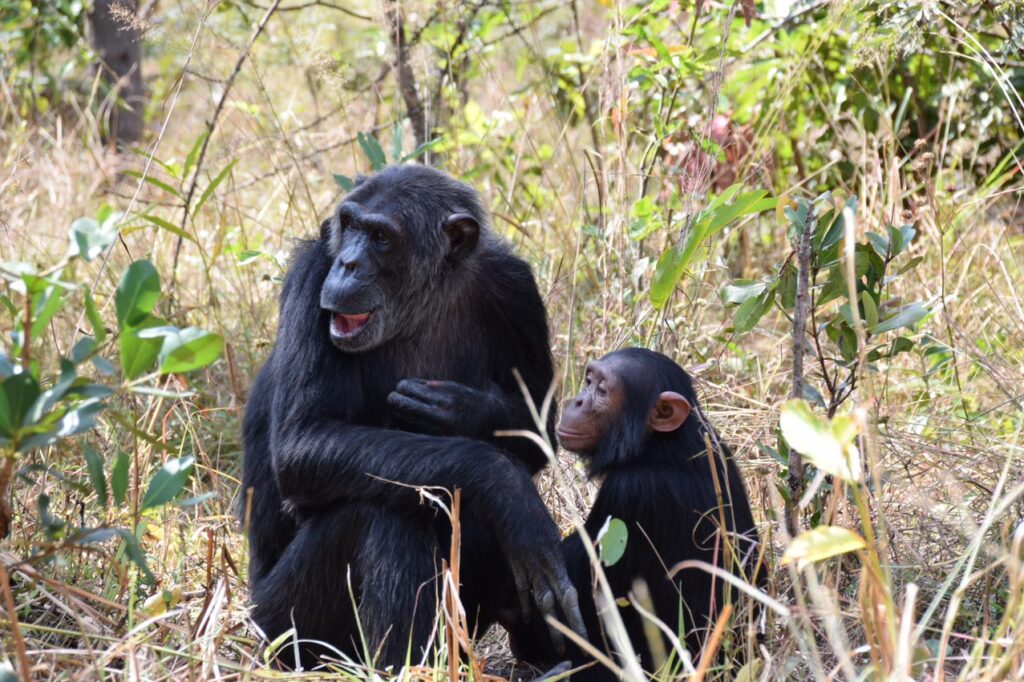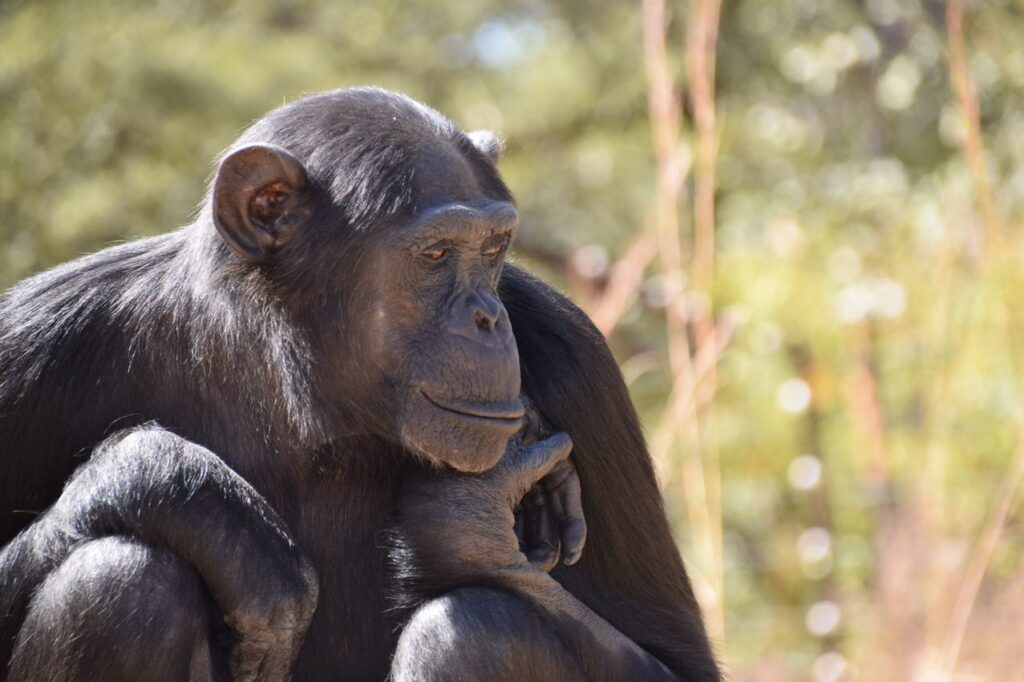What makes us human?
Is it the size of our brains?
Is it what we can do?
Or how we think?
Is it what we believe?
Is it that we’re the only species that has flown a rocket to the Moon?
We have a sense that we are unique.
We think we are different to other animals.
But are we?
These are the questions that the Wardlaw Museum’s latest exhibition, ‘What Makes Us Human?’ tries to grapple with through the research of the project’s partner, Dr Manon Schweinfurth from the School of Psychology and Neuroscience, and that of her colleagues.
Although thinkers from Aristotle to Darwin have theorised about what makes humans unique throughout history, research happening at the University of St Andrews means we can begin to see commonalities between humans and animals that may have gone unnoticed in the past.
‘What Makes Us Human?’ opens at the Wardlaw Museum on 28 May and runs until 17 September 2023. It will be accompanied by events and hands-on interactives, such as extinction games and panel discussions. The exhibit is generously supported by the University’s Impact and Innovation Fund.
Featuring research from St Andrews, this exhibition illustrates how non-human animals share many traits with us, which were thought to be uniquely human. Visitors will be able to explore how animals co-operate with each other, show cultural differences, communicate in complex ways, make and use tools or can even mind read us.
Whether because we have a common ancestor, generations back, or because we have faced common challenges, it turns out that humans seem to differ more in degree rather than in kind with other animals. We can do many of the same things – we just do them differently.
Through stunning displays and fun, hands-on interactives, ‘What Makes us Human?’ seeks to explore these similarities with visitors. But the possibility that we are more like other animals than we might have thought also has implications.
The historic assumption that humans are unique and special has long influenced the way that we treat other animals. What impact does the understanding of our similarities have on our relationship with the animal kingdom?
The exhibition asks visitors to consider the impact of their actions on non-human animals – and to think about ways to advocate for them. Whether that be through campaigning, adapting a diet, or supporting a worthwhile cause, visitors are encouraged to lend their voice to the issues that non-human animals face – all while exploring the incredible skill and talents that exist in the animal kingdom. The University Museums are constantly looking for innovative ways to ensure academic research has real-world impact. With ‘What Makes us Human?’ we’re building on our own research into behavioural change, seeking to improve our understanding of how we can encourage audiences to make choices that are better for the planet.

